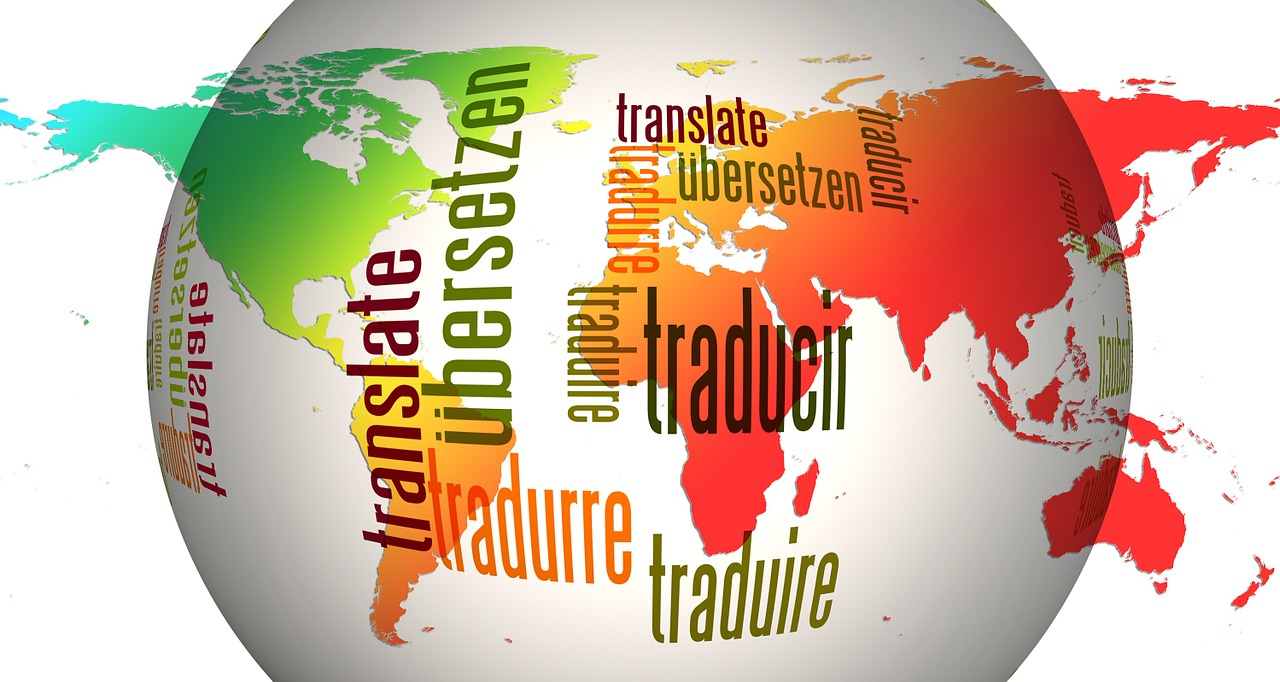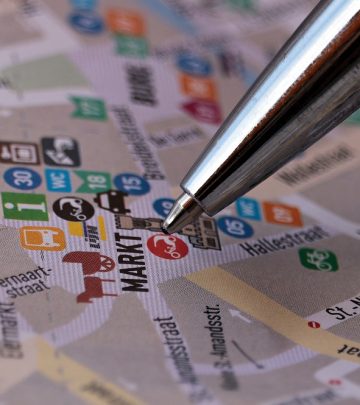Open borders, technological advancement, constant online presence – these all make multilingual websites more and more popular.
Multilingual website is becoming more and common, it isn’t only typical for tourist industry. Interestingly, multilingual website doesn’t require much effort. Of course, on condition that you remember about crucial issues.
Multilingual website – definition
Multilingual website is a website with at least two language versions. This makes possible to present offer not only to a given country residents, but also to foreigners living all over the world. It’s not only about translating texts. Multilingual website is much more – it’s like running two (or more) separate portals.

Multilingual website – what to remember?
Separate URL
It’s essential to have separete URLs for each language version. If different website versions have the same URL search engine bots may have problems with proper website indexation. Separate URLs are therefore a must. Apart from that each website version should have visible option to change languages.
Proper and comprehensive translations
Translation should be done be an experienced translator, with extensive knowledge of both languages. Translation should be proper with regards to grammar, spelling and information. Let’s remember to translate all texts. Common mistake is translating only basic content of given subpages and leaving out navigational buttons, or translating only main website content without subpages. Such a website certainly doesn’t look professional and doesn’t engage users. Moreover, if the same content appears at various URLs (look above) search engine may treat it as duplication.
If the same content is comprehensivly translated into another language it won’t be considered a duplicate. Google states that if a given content is directed at various users living in different parts of the world duplication isn’t a problem. Such multilingual website makes it possible to expand target market and offer services to wider public.




